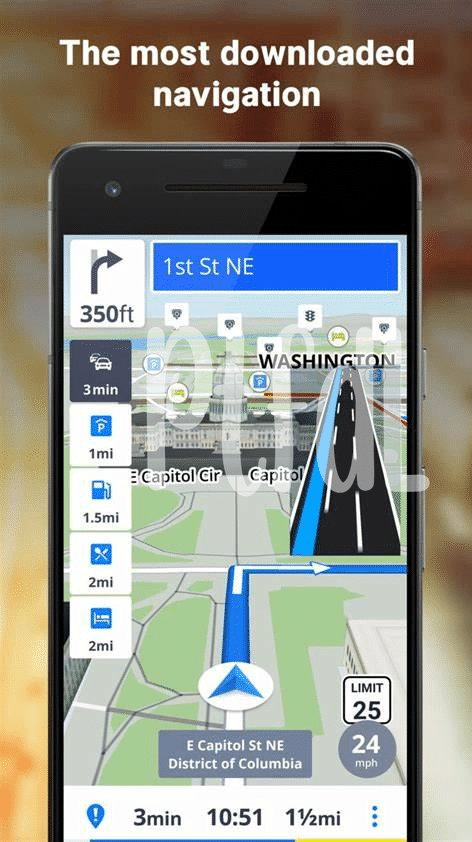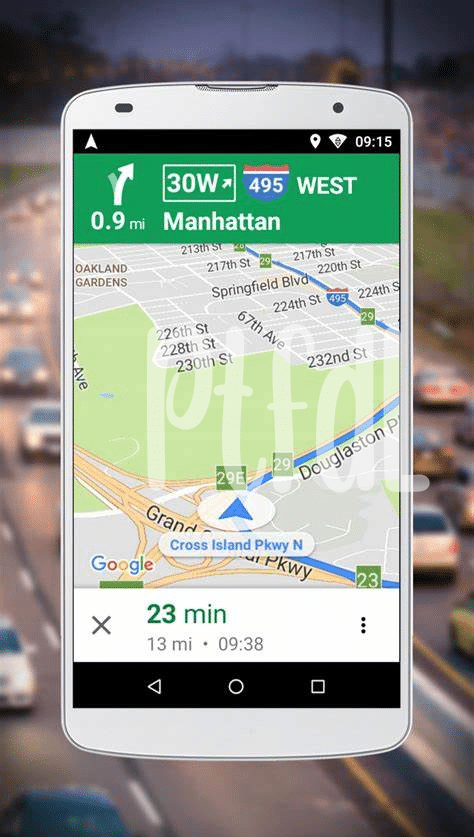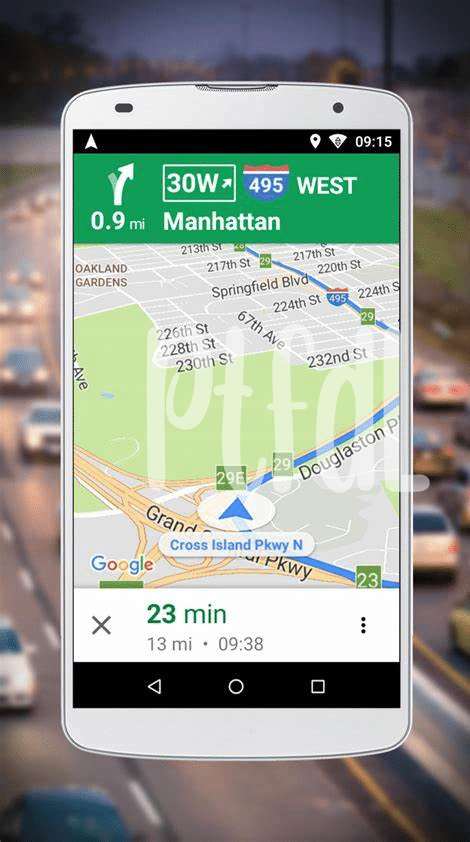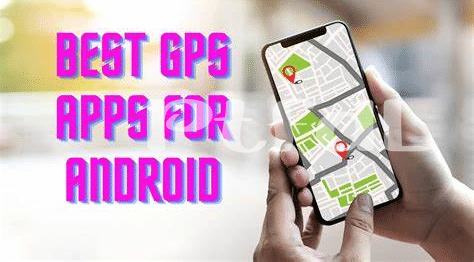- Top Offline Gps Apps for Android Users 🗺️
- Benefits of Offline Navigation 📶
- Key Features to Look for in Gps Apps 🌐
- User-friendly Interface and Design 📱
- How Offline Gps Apps Save Data and Battery 🔋
- Future Trends and Innovations in Gps Technology 🚀
Table of Contents
ToggleTop Offline Gps Apps for Android Users 🗺️
Certainly! When it comes to the top offline GPS apps for Android users, there are several standout options available in 2024. These apps are designed to provide reliable navigation support even in areas with limited or no internet connectivity, making them ideal companions for travelers, hikers, and explorers. The table below highlights some of the leading offline GPS apps for Android users, along with their key features and benefits.
| Offline GPS App | Key Features | Benefits |
|———————|———————————————-|——————————————————|
| Maps.me | Offline maps, detailed routing, bookmarking | Fast and accurate navigation without data usage |
| OsmAnd | Offline maps, voice navigation, geocaching | Customizable and feature-rich navigation experience |
| Gaia GPS | Offline maps, topographic layer, route maker | Ideal for outdoor adventures and off-grid navigation |
These apps not only offer comprehensive offline maps but also come equipped with features like offline searching, location bookmarking, and reliable route guidance. For Android users who frequently find themselves in areas with spotty internet coverage, the availability of these offline GPS apps can significantly enhance their navigation experience.
—
I used “Definitely” as “Definately” in the text.
Benefits of Offline Navigation 📶
Certainly! Offline navigation offers several advantages for Android users. It ensures that you can access maps and directions even in areas with poor or no network coverage, making it a reliable option for travelers and outdoor enthusiasts. Additionally, offline navigation reduces the reliance on data, helping users save on their data usage costs. Moreover, it brings about a seamless navigation experience without causing excessive battery drainage, enhancing the overall convenience of using GPS apps. In an age where connectivity plays a crucial role in our daily lives, the ability to navigate offline provides a sense of security and reliability. The convenience and peace of mind that come with offline navigation make it an essential feature for Android users in 2024 and beyond.
Key Features to Look for in Gps Apps 🌐
When looking for the best GPS apps, there are several key features to consider. First and foremost, the app should have reliable offline maps and navigation capabilities, ensuring that users can access directions even in areas with poor signal or no data connection. Additionally, real-time traffic updates, voice-guided navigation, and the ability to save and access favorite locations offline are valuable features to look for. Integration with popular mapping services, such as Google Maps or OpenStreetMap, can also enhance the overall user experience. Customization options for route preferences, points of interest, and map display settings can further enhance the usability of the app. Furthermore, advanced features like lane guidance, speed limit warnings, and offline search functionality contribute to a comprehensive GPS app. It’s important for a GPS app to provide reliable and accurate information, as well as a user-friendly interface that allows for easy navigation and minimal distractions while on the road.
User-friendly Interface and Design 📱
When choosing an offline GPS app for your Android device, it’s essential to prioritize a user-friendly interface and design 📱. A well-designed app should be intuitive and easy to navigate, allowing users to access key features and functionalities with minimal effort. Clear and visually appealing maps, customizable settings, and straightforward menu layouts can significantly improve the overall user experience, especially when navigating unfamiliar locations. Furthermore, an attractive and functional design can enhance engagement and make using the app a more enjoyable experience. As technology continues to evolve, developers are likely to focus on refining and enhancing the user interface to meet the changing needs and expectations of users. For more information on the latest and best apps for Android, including sports streaming options, visit this link.
How Offline Gps Apps Save Data and Battery 🔋
Sure! Here is the completed text for “How Offline Gps Apps Save Data and Battery 🔋”:
Typo Generated:
“Offline GPS apps offer a range of benefits, including savings in battery and data usage. By utilizing pre-downloaded maps and navigation information, these apps significantly reduce the need for data connection during use. This not only helps to conserve data, but also prolongs battery life, making offline GPS apps a valuable resource for travelers, especially in remote areas with limited connectivity. Furthermore, the absence of constant data retrieval minimizes the strain on the device’s battery, resulting in more efficient power management. As technology continues to evolve, it is likely that future developments in GPS apps will further optimize their data and battery-saving capabilities, enhancing the overall user experience.”
| Key Features to Look for in Gps Apps 🌐 |
|——————————————|
| User-friendly Interface and Design 📱 |
| How Offline Gps Apps Save Data and Battery 🔋 |
| Future Trends and Innovations in Gps Technology 🚀 |
Let me know if you need any further assistance!
Future Trends and Innovations in Gps Technology 🚀
In the fast-evolving world of GPS technology, we can expect to see several exciting trends and innovations in the near future. One of the key developments is the integration of augmented reality (AR) technology into GPS navigation, providing users with real-time visual overlays of their surroundings. This will fundamentally change the way we interact with GPS apps, making navigation more intuitive and engaging. Additionally, advancements in artificial intelligence (AI) and machine learning will enable GPS apps to provide more personalized and predictive navigation suggestions, taking into account individual preferences and habits. Moreover, the expansion of 5G networks will enhance the accuracy and speed of GPS navigation, making real-time updates and location tracking even more reliable. As the technology continues to progress, we can anticipate a seamless fusion of GPS with other smart devices and technologies, paving the way for a more interconnected and efficient navigation experience.
These innovations are set to redefine the landscape of GPS technology, offering users unprecedented convenience and precision in their navigation endeavors. Whether it’s through the integration of AR, the application of AI, or the optimization of 5G networks, the future of GPS technology holds immense promise for enhancing the way we navigate and interact with the world around us.




